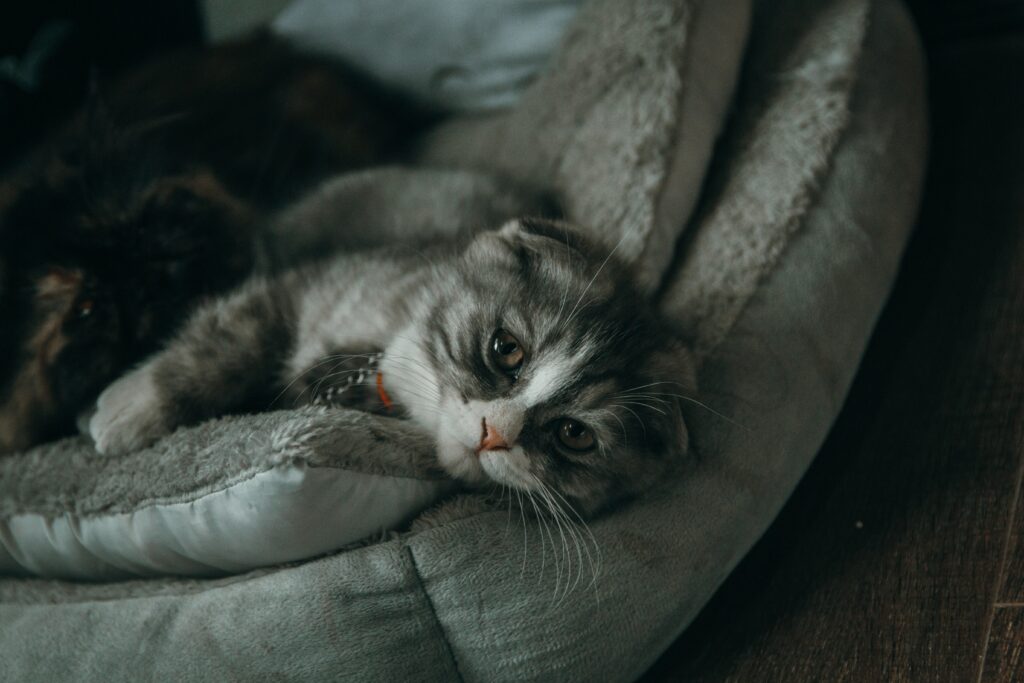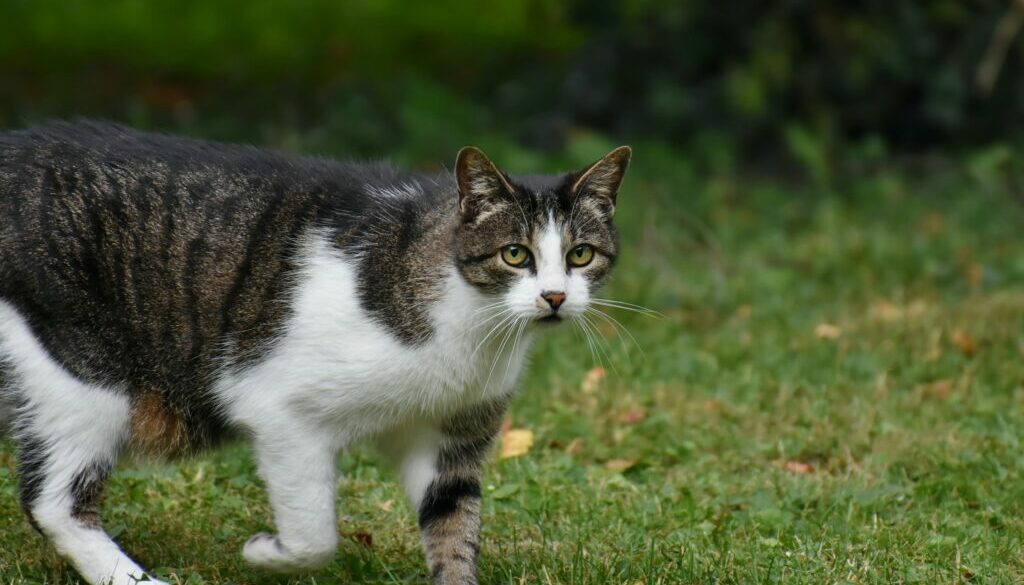Veterinary Care for Cats: Keeping Your Cat Happy and Healthy
As a loving pet owner, you want the best for your feline friend. And one essential aspect of ensuring their well-being is providing them with proper veterinary care. Whether you’ve recently adopted a new kitten or have a seasoned cat companion, veterinary care for cats is crucial in maintaining their health and happiness.
In this article, we will delve into the importance of veterinary care for cats, explore the various aspects of feline healthcare, answer frequently asked questions, and provide helpful tips to ensure your furry friend receives the best care possible.

Why Is Veterinary Care for Cats Important?
- Preventive Care: Regular veterinary check-ups help detect and prevent potential health issues in your cat early on, ensuring prompt treatment and preventing more significant health complications down the line.
- Vaccinations: Vaccinations are crucial in protecting your cat from various contagious and potentially life-threatening diseases such as rabies and feline distemper.
- Disease Detection: Cats are masters at hiding signs of illness, making preventive care even more vital. A veterinarian can perform thorough exams, including bloodwork and diagnostic tests, to spot any underlying conditions that may not be immediately apparent.
- Dental Health: Many cats suffer silently from dental issues, including gum disease, tooth decay, and oral infections. Regular dental check-ups and cleaning at the veterinary clinic can help prevent discomfort and promote optimal oral health.
- Parasite Prevention: Fleas, ticks, and worms pose a significant risk to a cat’s health. Regular veterinary care ensures proper preventive measures are taken to keep these pests at bay and protect your cat from ailments they can transmit.
- Nutrition Guidance: Your veterinarian can provide advice on the best diet for your cat based on their specific needs and any existing health conditions. A well-balanced diet is crucial in maintaining optimal health for your feline friend.
- Behavioral Concerns: Veterinary professionals can provide guidance and expertise in handling any behavioral issues your cat may be experiencing. Their knowledge can help address concerns such as aggression, anxiety, or litter box problems.

Regular Grooming: A Key Element of Cat Care
Proper grooming plays a vital role in keeping your cat healthy and happy. Consider the following tips for maintaining a grooming routine for your feline companion:
Grooming Tips for Cats
Brushing:
Regular brushing helps remove loose hair, prevents hairballs, and reduces shedding.
- Choose a brush suitable for your cat’s coat length and texture.
- Gradually introduce brushing to your cat’s routine, making it a positive and comfortable experience.
- Focus on areas prone to matting, such as the belly and armpits.
Nail Trimming:
Trimming your cat’s nails prevents them from becoming too long or sharp.
- Use cat nail trimmers or human nail clippers with a straight edge.
- Provide treats and positive reinforcement to associate nail trims with positive experiences.
- Be careful not to cut into the quick, which may cause bleeding and discomfort.
Ear Cleaning:
Regular ear cleaning prevents the buildup of wax and helps prevent infections.
- Use a cat-specific ear-cleaning solution and cotton balls or pads.
- Gently wipe the visible part of the ear, avoiding inserting anything into the ear canal.
- Monitor for signs of infection, such as redness, discharge, or a foul odor.
Bathing:
While cats are generally adept at grooming themselves, occasional bathing may be necessary for certain situations.
- Use cat-specific shampoos and warm water for bathing.
- Ensure a calm environment and gently introduce your cat to the bathing process.
- Use a towel or low heat setting on a hairdryer to dry your cat after the bath.
Remember, grooming sessions should be filled with positive experiences and treats to create a bond of trust with your cat during these routine care activities.
Veterinary Care for Cats: Frequently Asked Questions
Q: How often should I take my cat to the vet?
A: Cats should receive an annual veterinary check-up. However, senior cats or those with existing health conditions may require more frequent visits. Consult with your veterinarian for a personalized schedule.
Q: Do cats need vaccinations?
A: Yes, vaccinations are essential for cats and should be administered as per your veterinarian’s recommendations. Common vaccinations include those for rabies, panleukopenia, and feline herpesvirus.
Q: How can I prepare my cat for a veterinary visit?
A: Create a positive experience by getting your cat familiar with their carrier, using treats, and providing a calm environment. Consult with your veterinarian about any specific instructions for your cat’s visit.
Q: How can I prevent dental problems in my cat?
A: Regular tooth brushing, providing dental treats, and professional dental cleanings performed by your veterinarian can help prevent dental issues in cats. Consult with your veterinarian for specific recommendations.
Conclusion
Proper veterinary care for cats, including routine check-ups, vaccinations, preventive care, and grooming, is essential in ensuring the overall well-being of your feline friend. By prioritizing veterinary care and maintaining a grooming routine, you are providing your beloved companion with the best chance at a long and fulfilling life. Remember, a healthy and well-groomed cat is a happy cat.
So don’t delay, schedule that annual veterinary check-up for your furry friend today and embark on a journey of comprehensive veterinary care for cats, including regular grooming. Your cat will thank you for it!
Also Read:
Pet Care Tips for Cats for Beginners
Pet Care Tips for Dogs for Beginners



